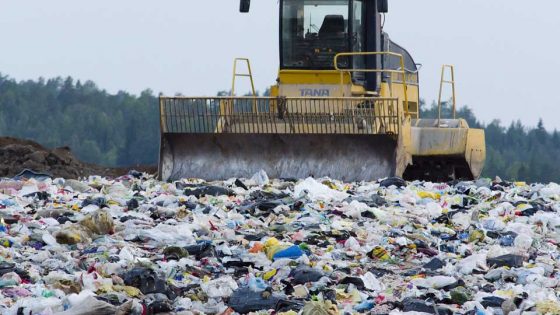Waste management plays a crucial role in environmental sustainability, making it an integral aspect of every UK business’s green initiative. By implementing effective management strategies, businesses can reduce their environmental impact while potentially saving money. Here are steps your business start its waste management best practice journey…
Conduct a Waste Audit: Before implementing any changes, you must understand your current waste production. A waste audit involves identifying the types and amounts of waste your business generates. This baseline data can help you set measurable targets for waste reduction.
Implement a Waste Reduction Plan: Using insights from your audit, develop a plan to reduce waste at its source. This could involve streamlining processes, upgrading equipment, or changing suppliers. For instance, if you find you’re discarding a lot of paper, moving towards a digital-first approach could reduce this waste.
Set Up Recycling Programmes: Provide clearly labelled recycling bins in your workplace to encourage staff to recycle. Ensure your business is compliant with UK recycling regulations and consider partnering with a reputable waste management company to handle recyclable waste.
Encourage Reuse: Foster a culture of reuse within your company. Encourage employees to use reusable cups, utensils, and bags. Also, consider purchasing office supplies made from recycled materials or those that can be refilled or reused.
Educate Your Team: Your waste management plan’s success largely depends on your team’s participation. Conduct training sessions to educate your employees about the importance of waste management and how they can contribute.
Composting Organic Waste: If your business generates organic waste, such as food scraps from a canteen, consider composting. Composting turns waste into nutrient-rich soil, which can be used in landscaping or donated to local community gardens.
Regularly Review Your Waste Management Plan: Waste management is not a one-time effort but a continuous process. Regularly review your plan and make improvements based on new technologies, regulations, or business practices.
Publicise Your Efforts: Let your stakeholders know about your sustainability initiatives. Not only will this enhance your company’s reputation, but it can also encourage other businesses to undertake similar actions.
Improving waste management is a practical and effective way for businesses to become more sustainable. By auditing your current practices, developing a waste reduction plan, setting up recycling and composting programs, educating your team, and continually reviewing your efforts, your business can significantly reduce its environmental impact.
Remember, every small action counts towards building a greener future.
Are you on the hunt for waste management solutions for your business? The Energy Management Summit can help!
Image by ❄️♡💛♡❄️ Julita ❄️♡💛♡❄️ from Pixabay






